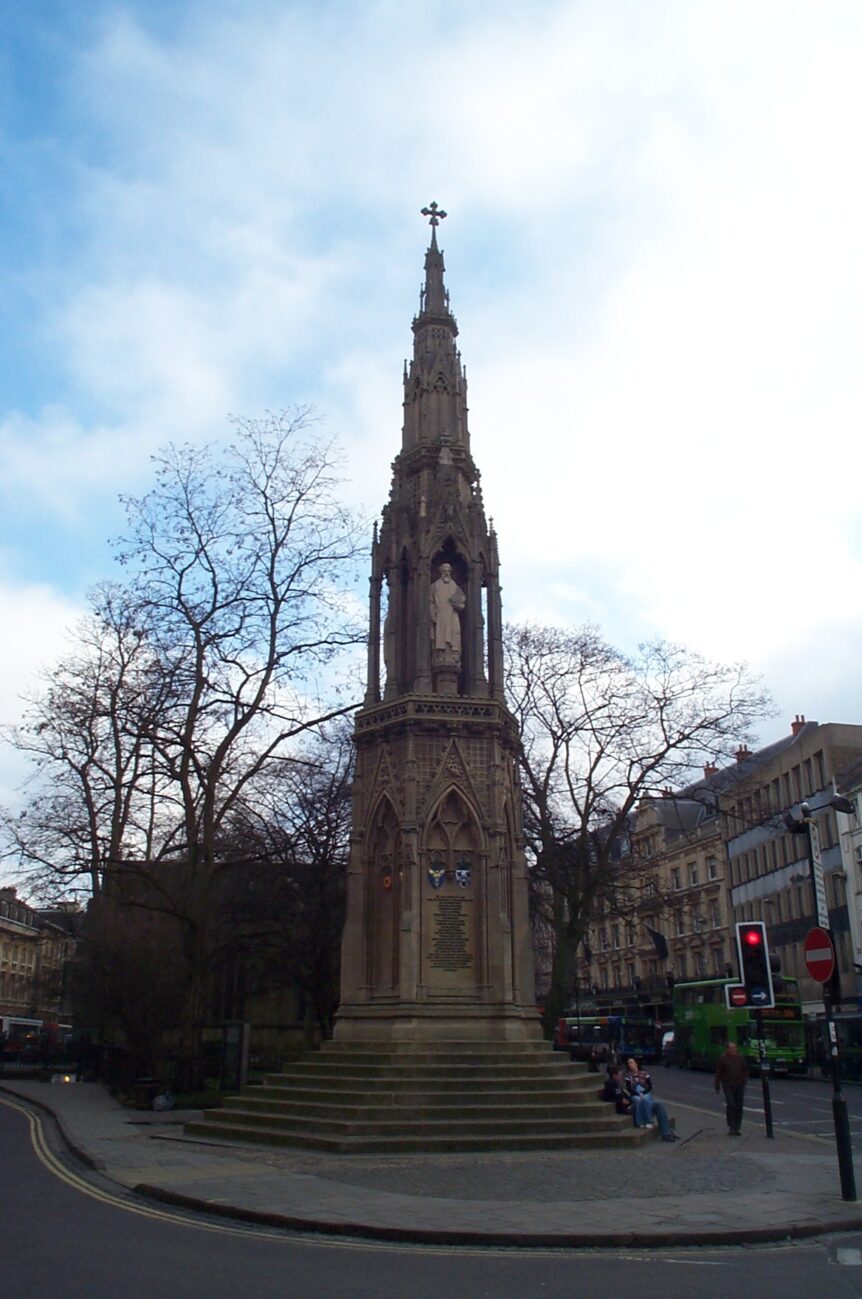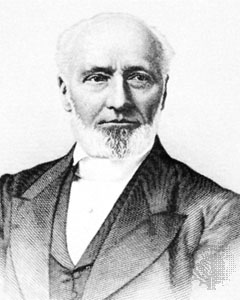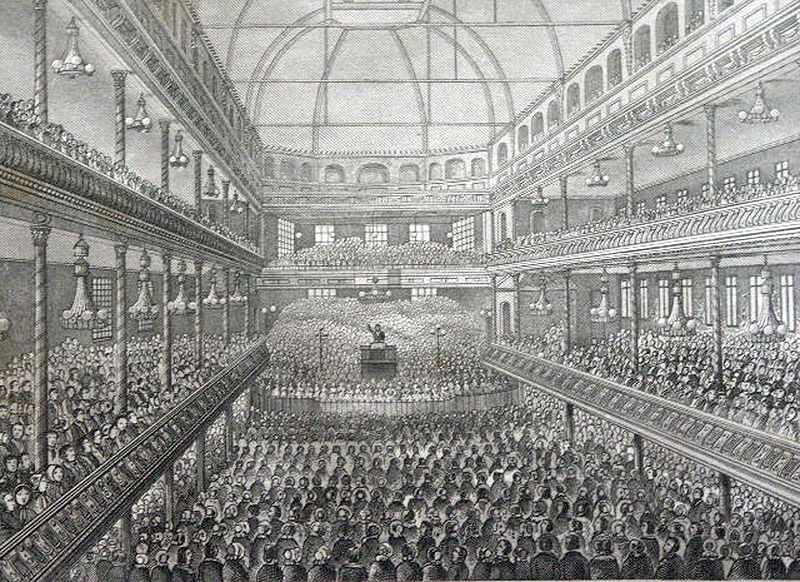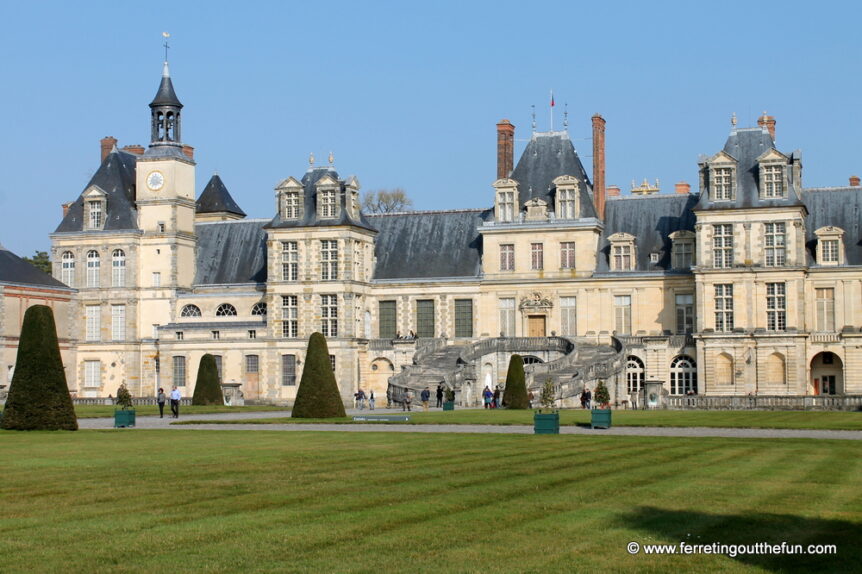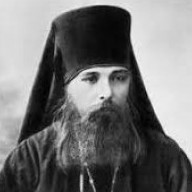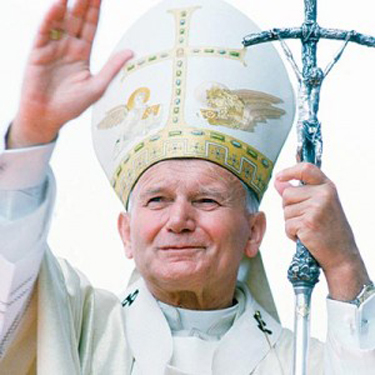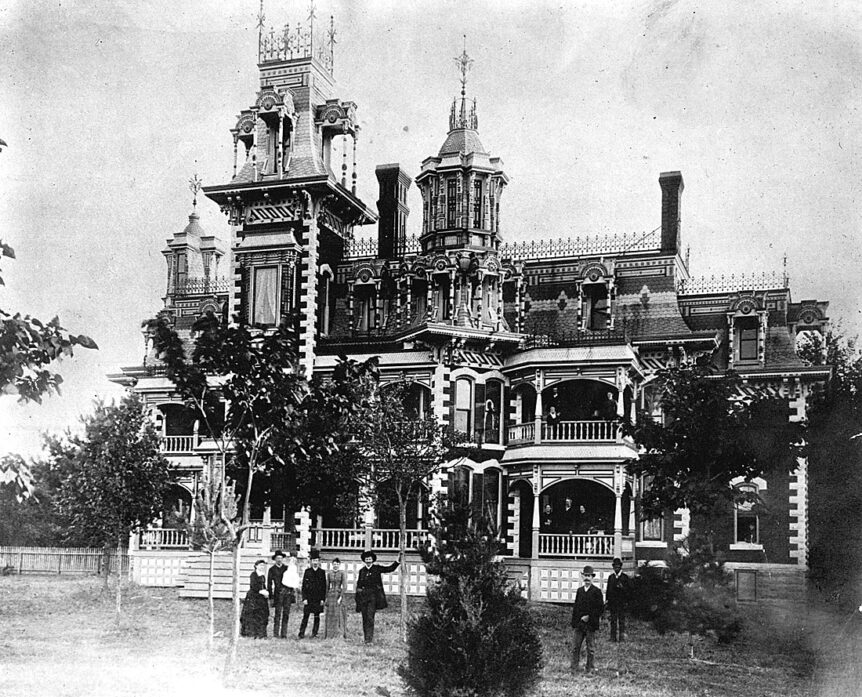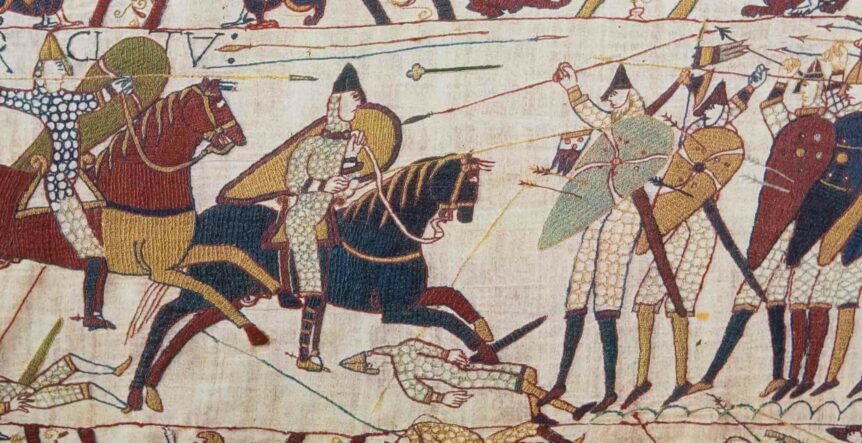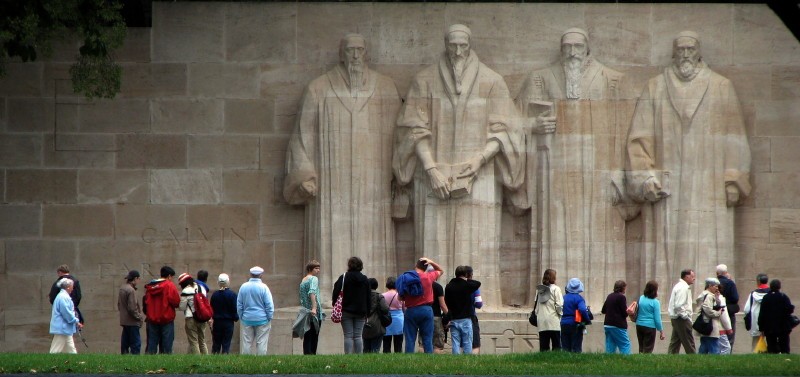When pianist extraordinaire Franz Liszt was born in Raiding, Hungary on October 22, 1811, the world would best know him for “Liebesträume No. 3” and “Hungarian Rhapsody No. 2”. But he also wrote over 80 religious works including what would be one of the favorite hymns of many Christians: “Fairest Lord Jesus”.
October 21, 1555 – Bloody Mary I
Queen Mary I of England thought burning popular Anglican Bishops Hugh Latimer and Nicholas Ridley at the stake would show people her seriousness to bring England back to the Catholic Church. The opposite occurred and the English Protestants vowed to support the Church of England. Just five days after Latimer and Ridley’s execution, Mary ordered the execution and persecution of …
October 20, 1893 – Phillip Schaff
Phillip Schaff was a professor at both the German Reformed Theological Seminary in Mercersburg, Pennsylvania and Union Theological Seminary and before his death on October 20, 1893, he would edit or write enough Christian reference material to fill a library. Among his works: eight volumes of The History of the Christian Church, the Schaff-Herzog Encyclopedia of Religious Knowledge, The Creeds …
October 19, 1856 – Spurgeon’s Surrey Sermon
The great preacher Charles Haddon Spurgeon experienced a setback to his ministry on October 19, 1856 when someone yelled “Fire!” during his Sunday night sermon at the great Surrey Music Hall in London. Seven people were killed, 28 hospitalized and Spurgeon was in a deep depression for weeks. The episode did have a positive impact because it exponentially increased Spurgeon’s …
October 18, 1685 – Edict of Fontainebleau
When the very Catholic King of France Henry IV issued the Edict of Nantes in April of 1585, the Roman Catholic Church was not pleased because it granted many freedoms to Protestants to worship. French Protestants (known as Huguenots) would find these freedoms didn’t last long when Henry’s grandson, the Sun King Louis XIV reversed the decision with the Edict …
October 17, 1939 – Archbishop Shchukin
Alexander Ivanovich Shchukin was the Archbishop of Semipalatinsk in modern-day Kazakhstan. Tired of the Soviet Union’s treatment of placating the Russian Orthodox Church, he bravely began to preach against the evils of Communism and the God-less nation of the USSR. Joseph Stalin had him shot on October 17, 1939.
October 16, 1978 – Pope John Paul II
History was made in the Roman Catholic Church on October 16, 1978 when the first non-Italian Pope in 456 years was chosen by the College of Cardinals. The College chose Polish Cardinal Karol Wojtyla who would take the name Pope John Paul II. His time in the Holy See would make him one of the most influential people in Christianity …
October 15, 1900 – Bethel Bible Institute
The American Pentecostal movement experienced growth at Bethel Bible Institute in Topeka, KS on New Year’s Day of 1901 when Agnes Ozman experienced speaking in tongues. Ozman asked Bethel’s founder, Charles Fox Parham, to lay hands on her and ask the Holy Spirit to speak through her. Parham founded Bethel Bible Institute in a bankrupt Topeka mansion (pictured here) on …
October 14, 1066 – Battle of Hastings
A deciding event in the history of England was the Battle of Hastings when William the Conqueror of Normandy, France defeated the English on October 14, 1066. In addition to the political impact was the impact of Christianity on England. William was devout in his loyalty to the church and wiped out the pagan religions being practiced.
October 13, 1605 – Theodore Beza
The man who ensured the theological work of John Calvin would continue was Theodore Beza who died on October 13, 1605. Beza was instrumental support to Calvin and was his immediate successor of the church in Geneva, Switzerland. These are the statues at the Reformation Wall in Geneva from left to right: William Farel, Calvin, Beza, and John Knox.

